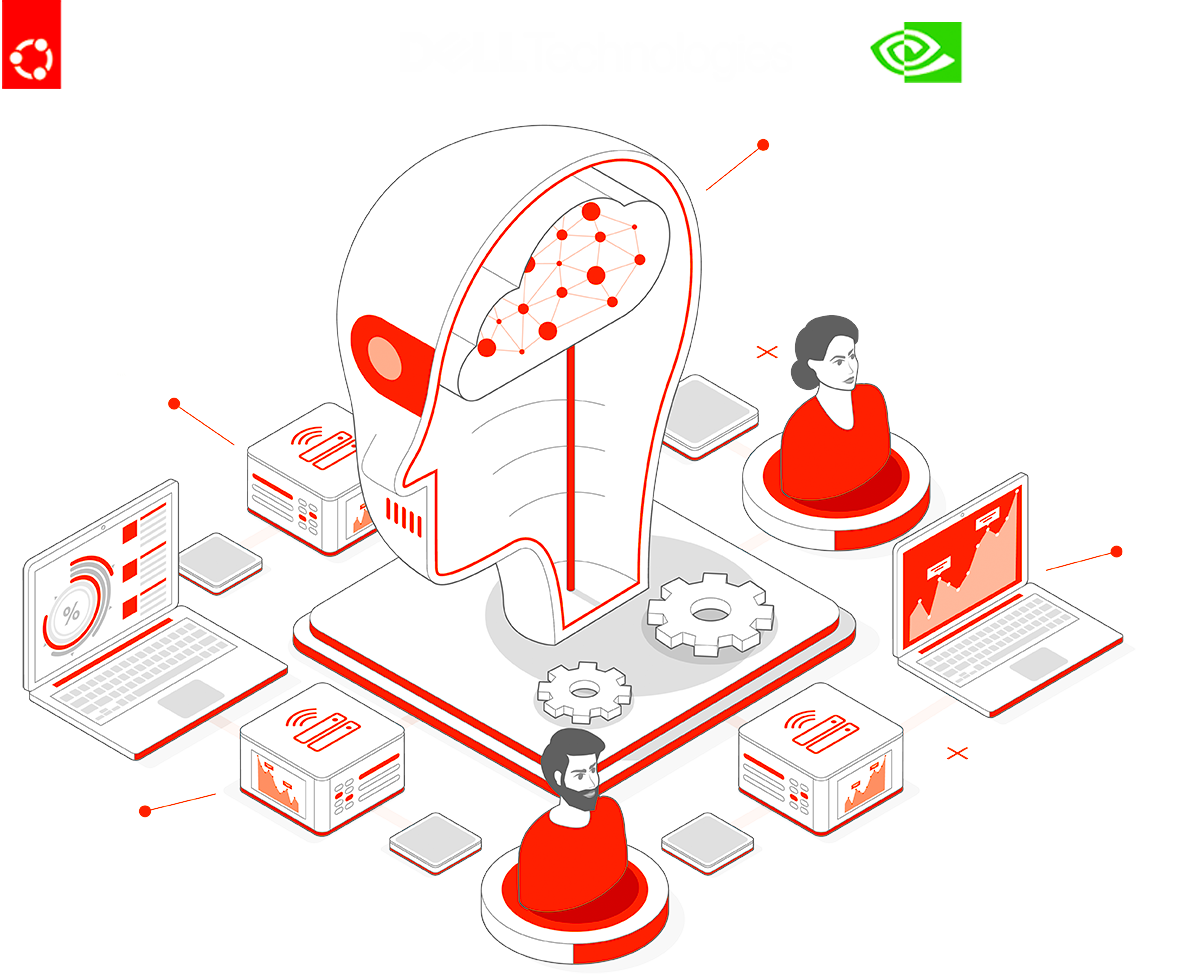Watch the live panel on September 12th
10am CST | 11am EST | 4pm BST | 5pm CEST
AI is everywhere, especially in businesses. From productivity to creativity to transformation, AI is rapidly becoming an indispensable tool for professionals. Generative AI is a branch that took off this year, with a wide range of applications. While ChatGPT gathered more than 1 billion users in less than one week, the applications of generative AI go beyond chatbots.
What is generative AI?
Generative AI (GenAI) is a type of artificial intelligence that enables quick content generation. It uses various inputs, to deliver different outputs like text, sound, 3D animation or images. GenAI identifies patterns within existing data that are then used to generate new ones. Stable Diffusions or GPT-3 are just some examples of widely-adopted generative AI models.
Generative AI models also need validation, like any other artificial intelligence project. Validation is important to ensure the quality of the output, which is especially important for applications that interact directly with users. Additionally, diversity in data sources is crucial to reduce bias and speed up output generation.
Generative AI vs LLMs
Generative AI and large language models (LLMs) often create confusion. Whereas GenAI focuses on content-creation functions, LLMs are used in relation to systems connected with languages. Generative AI is powered by very large machine learning models, often referred to as foundational models (FMs). Large language models (LLMs) are a subset of this category. LLMs are trained on trillions of words across many natural languages. This is the reason why LLMs can engage and build interactive conversations, powering many types of applications.
Join us live to learn more about generative AI
Join this webinar hosted by experts from Dell, Canonical, and NVIDIA.
You will hear about:
- Recent AI trends and how they affect a wide variety of workstation users
- How application users, developers, data scientists, and others use recent advancements in the AI world
- Generative AI challenges and how to overcome them
- Differences between generative AI and large language models (LLMs)
- Opportunities to move beyond ChatGPT
- Case studies that illustrate how you can integrate similar AI strategies into your workflows
Our hosts will demystify generative AI and discuss how you can apply it to meet your business objectives.
Register now!


